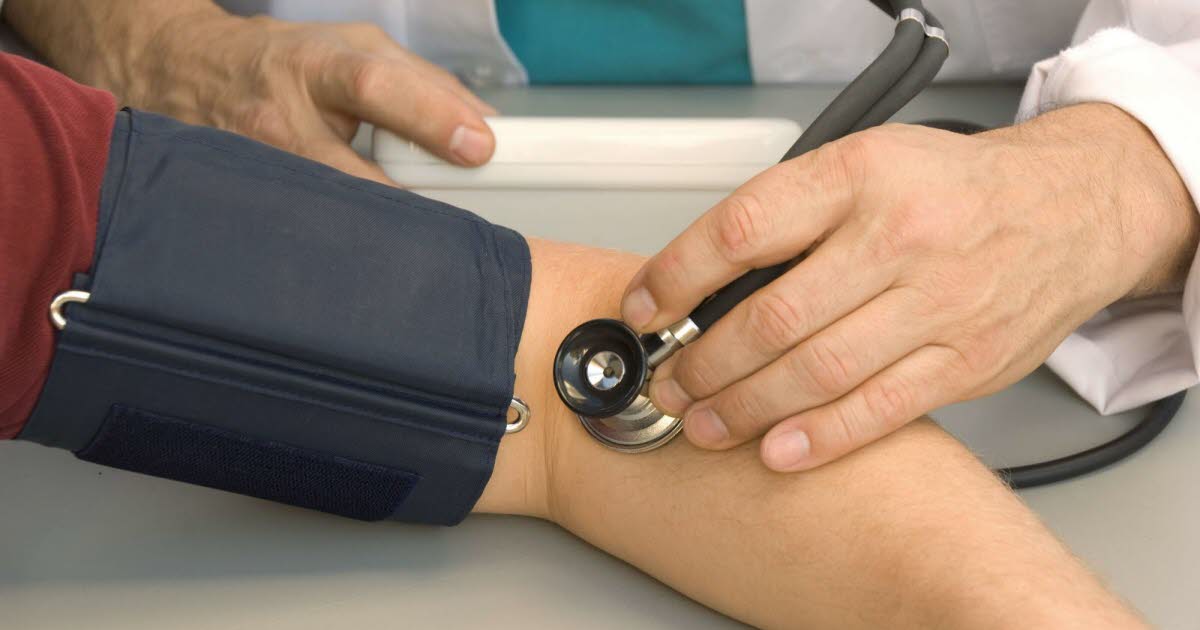In France, approximately one in three adults, which is approximately 17 million people, suffer from hypertension. Several risk factors have been identified, such as age, family history, low physical activity, a diet high in salt and low in fruit and vegetables, obesity, but also alcohol consumption.
And to better measure the weight of alcohol, Public Health France sought to estimate the number of hypertension cases attributable to consumption exceeding recommended limits among 18-74-year-olds (maximum 10 drinks per week, maximum two drinks per day, and days without drinking).
A “significant difference” between men and women
The results: a total of about 655,000 cases of high blood pressure before the age of 75 “are related to alcohol consumption exceeding an average of 10 drinks per week in continental France,” including 624,000 men and 31,000 women, the Public Health France study estimated. Due to the lack of recent data on the frequency of hypertension in overseas territories, this study is limited to France.
The “significant difference” between men and women, according to the researchers, is mainly due to greater alcohol consumption by men compared to women, but also by episodes of heavy drinking and binge drinking, which are more common in some than others.
While acknowledging some methodological limitations of their study, the authors see it as a “minimum estimate of the incidence of high blood pressure due to alcohol consumption, which turns out to be very high.
Faced with these results, the health agency emphasizes the importance of preventing alcohol consumption, but also managing hypertension.
40,000 deaths caused by alcohol
Alcohol remains one of the major risk factors for disease and death in France, with more than 40,000 attributable deaths. In addition to cardiovascular risks and cirrhosis, consumption of alcoholic beverages increases the risk of certain types of cancer.
“If the French have reduced their alcohol consumption for thirty years, the level of consumption remains very high (…) both in the general population and in some sub-populations, such as pregnant women,” recalls Caroline Semaille, Director General of Public Health for France. .




